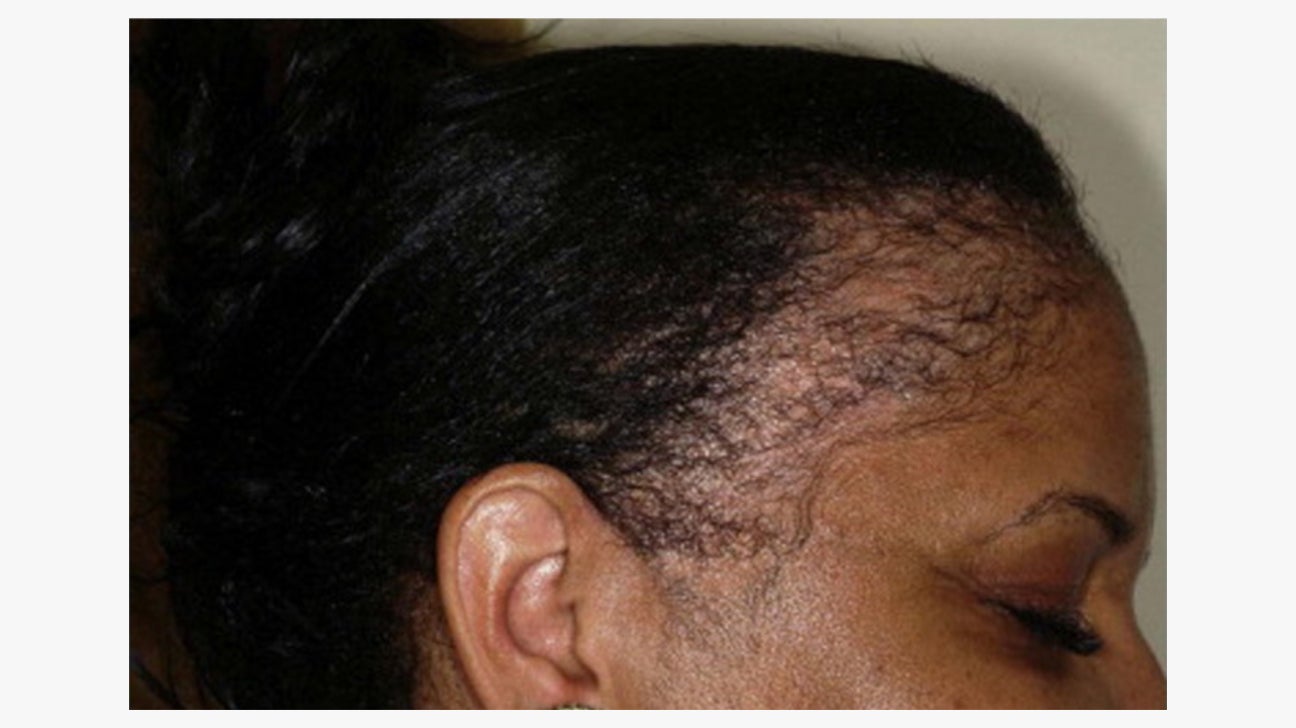 |
| Hair Growth Cycle Source |
Hair Growth Cycle
It may surprise you that a single strand of hair grows for about five years at an average rate of 1cm per month! This is followed by a relatively short rest period, usually a few months, when the hair is no longer growing. At the end of this rest period, the hair is shed and replaced by new hair. This is known as the hair growth cycle.
The average person – both male and female – has 100,000 hairs. Approximately 100 of these hairs are shed each day as part of the hair growth cycle. Similarly, 100 new hairs commence growing each day, resulting in a constant head of hair. Hair shed in this way is natural and is no cause for concern.
Problem Hair Loss
Problem hair loss occurs when either more than 100 hairs are shed each day or when the 100 hairs that are shed naturally each day are not replaced by new hairs. In both instances, hair loss exceeds hair growth, and if left unchecked, will eventually lead to thinning hair.
Genetic Hair Loss vs Behavioural Hair Loss
Genetic hair loss, also referred to as hereditary hair loss, is a natural condition caused by a combination of factors, including genetics, hormone levels, and the ageing process. Almost all men and women will notice this natural form of hair loss or hair thinning as they age.
Behavioural hair loss refers to hair loss and thinning as a result of behavioural factors such as stress, dietary deficiencies, illness, the side effects of medication, and the over-processing of hair. In such instances, the hair’s functioning has been temporarily impaired.
Causes of Behavioural Hair Loss
Stress
Up to 70% of hair can be shed after a major stress episode. Stress can cause nutritional deficiencies, which in turn starve hair of nutrients, halting hair growth.
Environmental Pollution
Environmental pollution places extra stress on your hair and scalp. Pollutants on the scalp may result in an unhealthy scalp environment. The build-up of debris could block follicles, resulting in thinner hair.
Dietary Deficiencies
Certain vitamins and minerals are essential for hair growth. Although these nutrients do occur naturally in various foods, poor eating habits often result in deficiencies that can disrupt the normal hair growth cycle.
Medication
Some medications can cause either decreased absorption or decreased availability of the nutrients necessary for normal hair growth, which can result in abnormal thinning of hair density.
Illnesses
Many infections or illnesses may result in a decreased availability of nutrients essential for normal hair growth. This may result in a decrease in hair density.
Over-Processed Hair
The over-processing of hair utilizing perming, straightening, bleaching, and dying, which usually involve the use of harsh chemicals, can lead to extensive hair damage.




0 comments
Leave a comment and show some love!